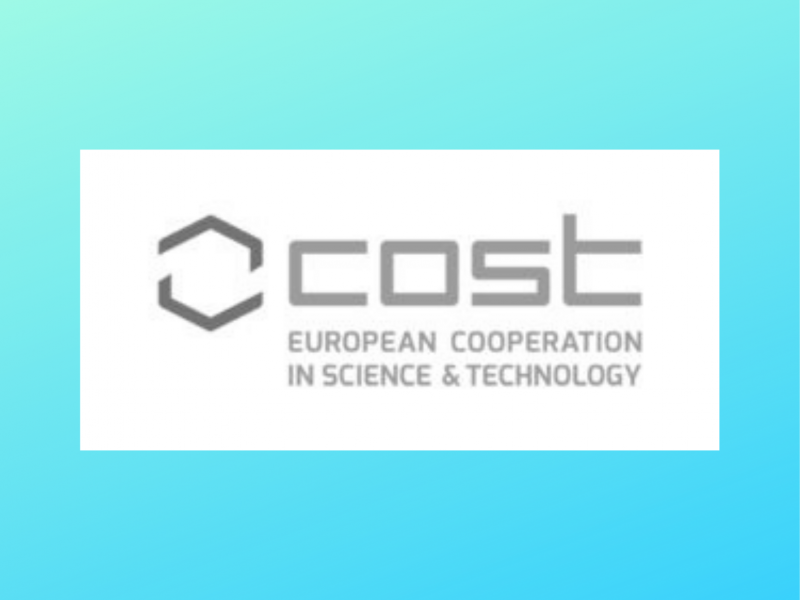Distant Reading for European Literary History: Closing Conference

Date:
21.04.2022 bis 22.04.2022Place:
Die Konferenz findet online statt, die Registrierung ist kostenlos und auch die selektive Teilnahme an bestimmten Sessions wird problemlos möglich sein.
Categories:
ConferenceContact:
Prof. Dr. Christof SchöchFurther Information:
Link to the programParticipants from both projects will be presenting papers on a wide range of topics in the field of distant reading and computational methods applied to literary texts. Sessions address topics such as corpus design, text encoding and annotation, analytical perspectives, theoretical concerns as well as infrastructure and training requirements.
We are proud to welcome two keynote speakers: Prof. Dr. Karina van Dalen (University of Amsterdam and The Huygens Institute for the History of the Netherlands, Netherlands) and Dr. Oleg Sobchuk (Max Planck Institute for the Science of Human History, Jena, Germany).
The COST Action Distant Reading for European Literary History has brought together scholars from more than 30 countries interested in analyzing large bodies of literary works using computational, quantitative text analysis. Together they have been building the multilingual European Literary Text Collection (ELTeC) currently containing more than 1900 novels in 17 different languages, with full text encoded in XML-TEI. The scholars involved in the project have also been developing innovative methods of text analysis adapted to Europe’s multilingual literary traditions. They have discovered cross-national, large-scale patterns and evolutions across European literary traditions and they have contributed to the creation of a broader, more inclusive and better-grounded account of European literary history and cultural identity. For more information, see: https://distant-reading.net.
Computational Literary Studies Infrastructure (CLS INFRA), funded as a Starting Community in Horizon 2020, is a four-year partnership aiming to build a shared resource of high-quality data, tools and knowledge needed for literary studies using artificial intelligence and other computational methods. The overall aim of CLS INFRA is to open up the best data mining resources Europe has to offer in the growing field of Computational Literary Studies, which enables a big-data approach to the study of culture. A further aim of the project is to open up Computational Literary Studies to more researchers and enable investigation into Europe’s multi-lingual and interconnected literary heritage and cultural diversity. Partners in the 13 institutions will bring together existing resources as well as develop new tools, services and literary collections. For more information, see https://clsinfra.io.

